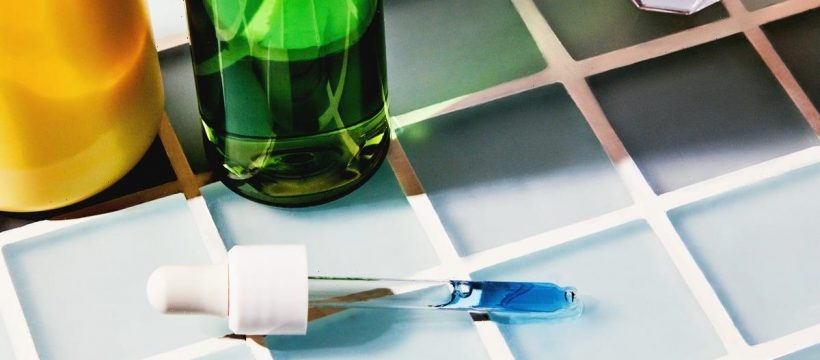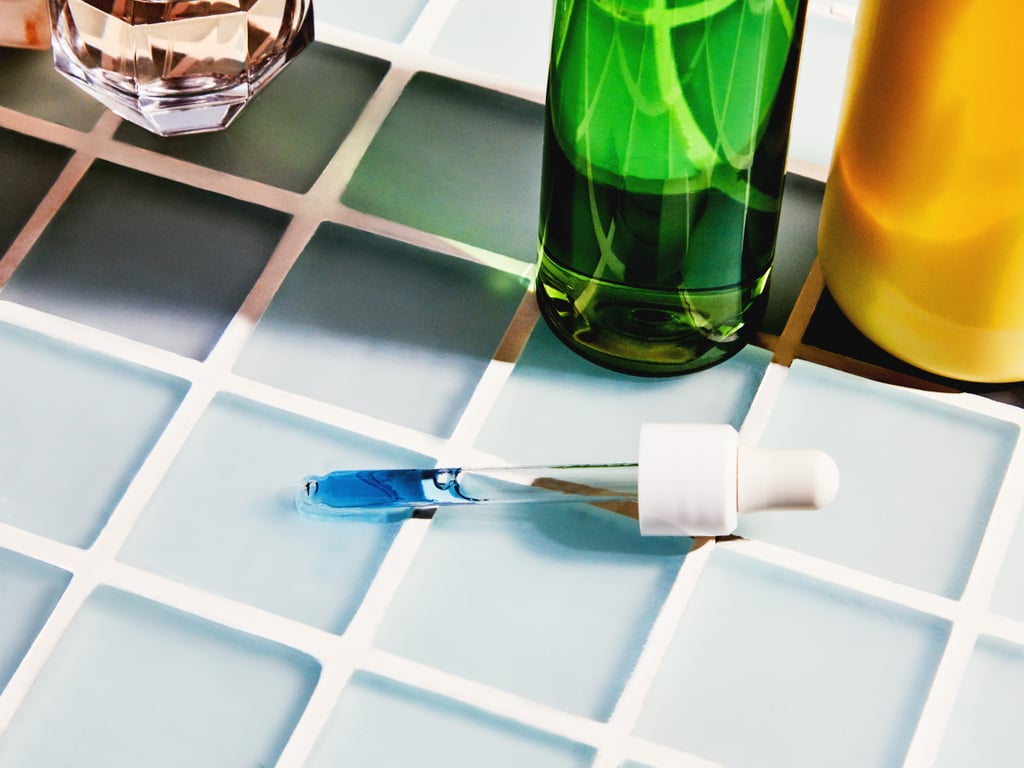What is Hyaluronic Acid, and Does it Really Improve Your Skin?
Ever wonder what’s really behind the trendy ingredients in your beauty products? That’s exactly how we feel about hyaluronic acid, which has become a huge buzz word in the skin-care world these last few years. You’ve likely seen the ingredient listed on many bottles in your medicine cabinet and across face creams, serums, and cleansers in the aisles of your local drugstore and department stores. But what does hyaluronic acid do for your skin, and does it live up to the hype?
The molecule is a popular skin-care ingredient that can hold 1,000 times its weight in water, making it a great vehicle to hydrate the skin. Still, since it’s recently had a resurgence, we reached out to dermatologist Deborah Jaliman, MD, and cosmetic chemist Stephen Alain Ko to find out just what hyaluronic acid does and how it can improve your skin.
What is Hyaluronic Acid, Exactly?
Dr. Jaliman described the ingredient as a clear, gooey substance that occurs naturally in our bodies, especially in our joints. “Hyaluronic acid plays an important part in the health of our connective tissue, skin’s elasticity, and wound healing,” she said. “It’s present in all tissues and fluids.” However, 50 percent of the hyaluronic acid in our bodies is found in our skin.
Applied topically, the polymer also has the ability to hydrate and plump your skin. “It’s a humectant,” Dr. Jaliman said, which means it draws water in from its surroundings. “It acts as a sponge and can hold a large amount of water in the skin.”
What Does Hyaluronic Acid Do For the Skin?
You might have noticed that the ingredient is advertised on the bottles of some of your favorite moisturizers. That’s for one simple reason: “It’s superhydrating and has antiaging properties,” Dr. Jaliman said. “It helps to seal in moisture and creates fullness and plumpness to the skin.”
The Dermato-Endocrinology Journal reported that younger skin is naturally pliable and bouncy because of its high water content. As we age, however, our skin produces less hyaluronic acid. “[This ingredient] can help slow down the loss of water from the skin — increasing skin hydration and its appearance,” said Ko.
According to the International Journal of Biological Macromolecules, hyaluronic acid “exhibits remarkable skin regenerating and collagen stimulating” effects, both when used topically and when injected into the skin (more on that later). The article also noted that the ingredient “showed promising efficacy in skin tightness and elasticity, face rejuvenation, improving aesthetic scores, reducing the wrinkle scars, longevity, and tear trough rejuvenation.”
Source: Read Full Article

